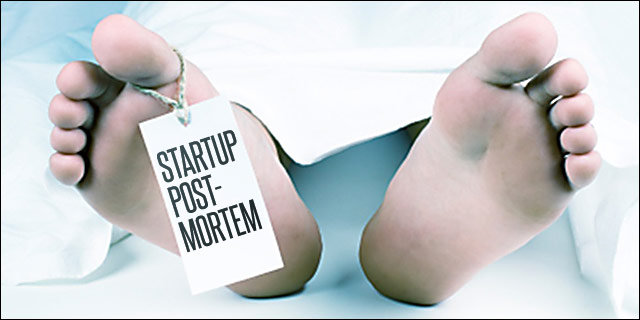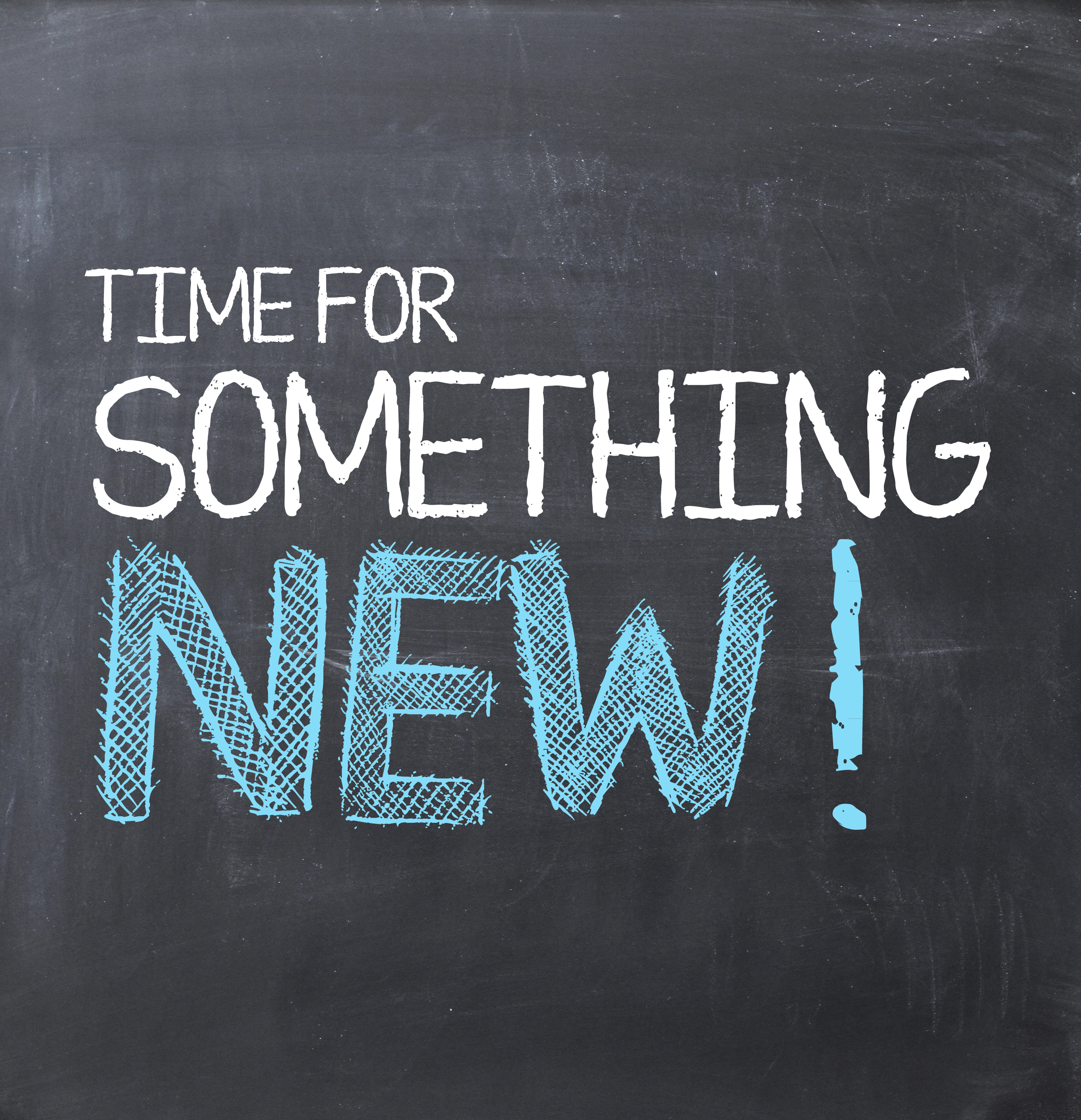 Learn the secrets of interviewing in this 3 part series that takes you from setting your interview goals to closing the deal. An in depth strategy for anyone who is about to begin interviewing for a job or internship.
Learn the secrets of interviewing in this 3 part series that takes you from setting your interview goals to closing the deal. An in depth strategy for anyone who is about to begin interviewing for a job or internship.
Goals of an Interview
Simply put, an interview is a sales meeting between you and a prospective “customer.” Your goal is to convince the interviewer that you’re the best (product) candidate for the job. To do that, you need to know in advance the how your skills and experience meets the employer’s needs. Most importantly, you want to come prepared with credible selling “stories” to back up what you say you can do. After all, interviewing is a competitive process and you can be sure that the next candidate will be doing everything possible to outshine you. Decide beforehand what qualities you want to sell and stick to them.
Now, even though common sense says that being prepared for an interview significantly increases your chances of getting an offer, you’d be amazed how many people don’t. Interviewers still see a large number of candidates who are totally unprepared with only the vaguest understanding about the company and job. Just think of how well you’ll stand out with some simple groundwork beforehand.
Why prepare for the interview? Well, besides the obvious, it makes you more confident and the interviewer more comfortable with you. You’ve heard of “chemistry,” right?
Preparation
Here are some general guidelines to consider for your interview preparation:
- Know your resume cold. What you say on your resume is typically the “script” interviewers use to focus many of their questions.
- Know more about the employer than what you read about in the recruiting literature or on the firm’s web page, what you “bring to the table,” and why that firm. [insert research tools link here?]
- Practice, practice, practice… role-play with friends; see your career adviser; participate in mock interviews.
- Be neat, clean and dress in good taste. Bear in mind that dress standards can vary by industry. If you’re not sure, go to the workplace and see what people are wearing when they arrive or leave.
- Arrive at least 15 minutes before the interview. You’d be surprised how that helps as compared to rushing in at the last minute. Use that time to observe what’s going on. Is this a place where you’d like to work?
- Bring an extra resume with you. This process is, by no means, an exact science and you will learn to expect situations like… “We seem to have misplaced your resume.”
Bob Cohen is an assistant director at the career services office at Harvard University.



